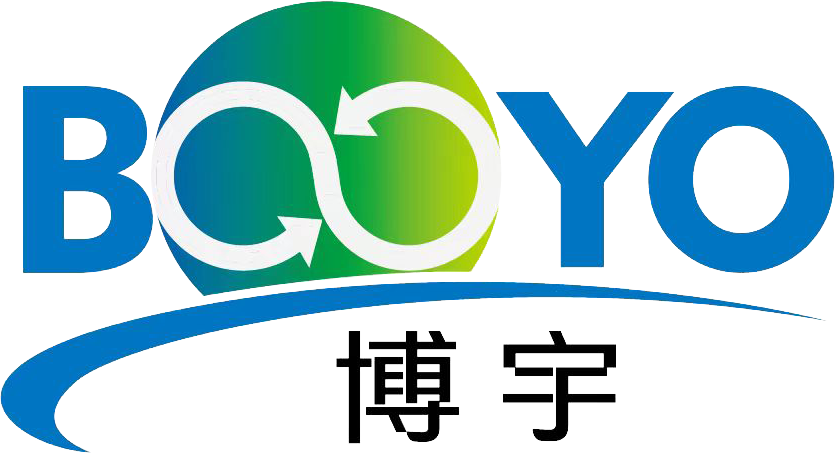
Our News
Find out about our latest news here.
Latest News
- ▶ Spiral Plate Heat Exchanger Manufacturer in China
- ▶ High-Performance Finned Serpentine Tubes for Boiler Economizers and Waste Heat Recovery Systems
- ▶ Why Choose a Chinese Serpentine Tube Supplier?
- ▶ Difference Between High Pressure and Low Pressure Feedwater Heaters in Power Plants
- ▶ Primary Gas Cooler A Tower Successfully Erected
- ▶ Engineered for the First Cooling — Primary Gas Cooler A Tower Installation at JISCO
Message
I. The Necessity of Fuel Gas Heating and Its Industrial Applications
Fuel gas heating refers to the process of increasing the temperature of gaseous fuels—such as natural gas, coke oven gas, or liquefied petroleum gas—using an external heat source. This is essential for ensuring safe and efficient combustion or meeting process temperature requirements, and it is widely applied in industries including metallurgy, chemicals, coking, and power generation.
Challenges of Using Unheated Fuel Gas:
Condensation risks: Low temperatures may cause water vapor to condense, forming acidic condensate that corrodes pipelines and equipment.
Reduced efficiency: Increased viscosity and reduced flow velocity negatively impact combustion performance and flame stability.
Operational instability in cold regions: Systems may freeze or malfunction during winter or in low-temperature environments.
Unsuitable for specific processes: Certain applications (e.g., cracking, reforming, drying) require preheated gases to meet thermal process demands.
Fuel gas heating systems are therefore a critical component in industrial energy and utility design, ensuring system reliability, safety, and performance.
II. Common Heating Methods and Heat Exchanger Configurations
Fuel gas heating systems vary in design depending on the energy source and working conditions. The corresponding types of heat exchangers and their key advantages are summarized below:
III. Spiral Plate Heat Exchanger — Ideal for Dusty or Contaminated Fuel Gases
Overview:
The spiral plate heat exchanger consists of two metal plates rolled and welded to form a spiral channel. Two fluids flow in opposite directions within separate spiral channels, ensuring highly efficient counter-current heat transfer.
Advantages:
Preheating of coke oven gas in coking plants
Fuel gas preheating before combustion in industrial boilers
Moisture removal and gas drying prior to purification processes
IV. Shell-and-Tube Heat Exchanger — A Robust Solution for High-Pressure, High-Flow Systems
Overview:
This classic heat exchanger consists of a bundle of tubes enclosed in a cylindrical shell, where fuel gas typically flows through the tube side and steam or thermal oil through the shell side, enabling large-area heat transfer.
Advantages:
Fuel gas heating in combined heat and power (CHP) systems
City gas stations and pipeline heating
Preheating of synthesis gas, process gases, and recovered gases in coking recovery units
V. Our Technical and Service Advantages
As a leading heat exchanger and pressure vessel manufacturer in China, we offer comprehensive solutions backed by decades of technical expertise:
Product Reliability: Certified in ASME U Stamp, GB, and NB standards; equipped with in-house welding and quality inspection capabilities.
Industry Expertise: Serving over 70% of China's coking industry, with a deep understanding of fuel gas systems.
Diversified Portfolio: Complete range of spiral plate, shell-and-tube, plate heat exchangers, electric heaters, and modular units.
Customized Engineering: Tailored designs for complex gases, high temperatures, and challenging operating conditions.
Comprehensive Support: Technical consulting, onsite installation guidance, remote commissioning, and integration with automation systems.
VI. Conclusion: Empowering Safe and Efficient Fuel Gas Use
As industries move toward cleaner and more efficient energy systems, fuel gas continues to play a key role. A reliable heating solution is essential to ensure performance, safety, and sustainability.
With strong technical capabilities, a wide range of products, and extensive industry experience, we are committed to providing high-performance fuel gas heating solutions to meet the evolving needs of global industrial clients.
Contact us for more information or to request a customized technical proposal.
PROFESSIONAL CONSULTATION
If you are interested in our products and want to know more details, please leave a message here, we will reply you as soon as we can.